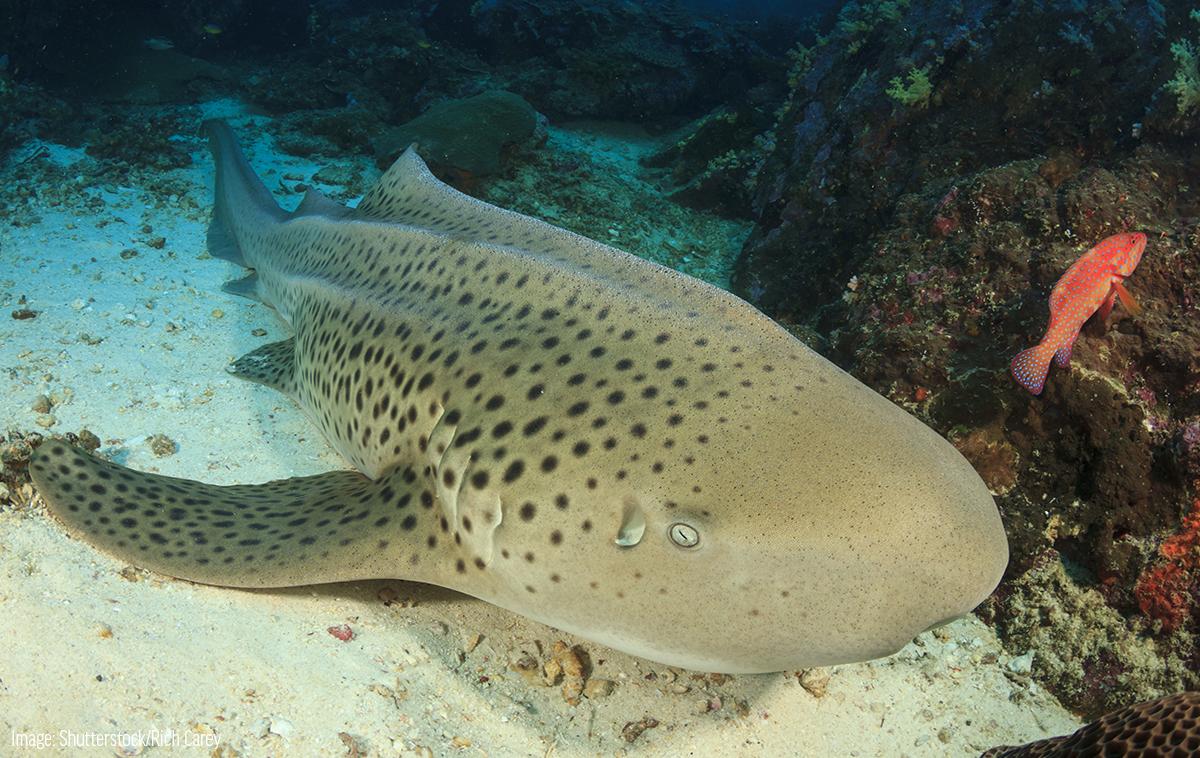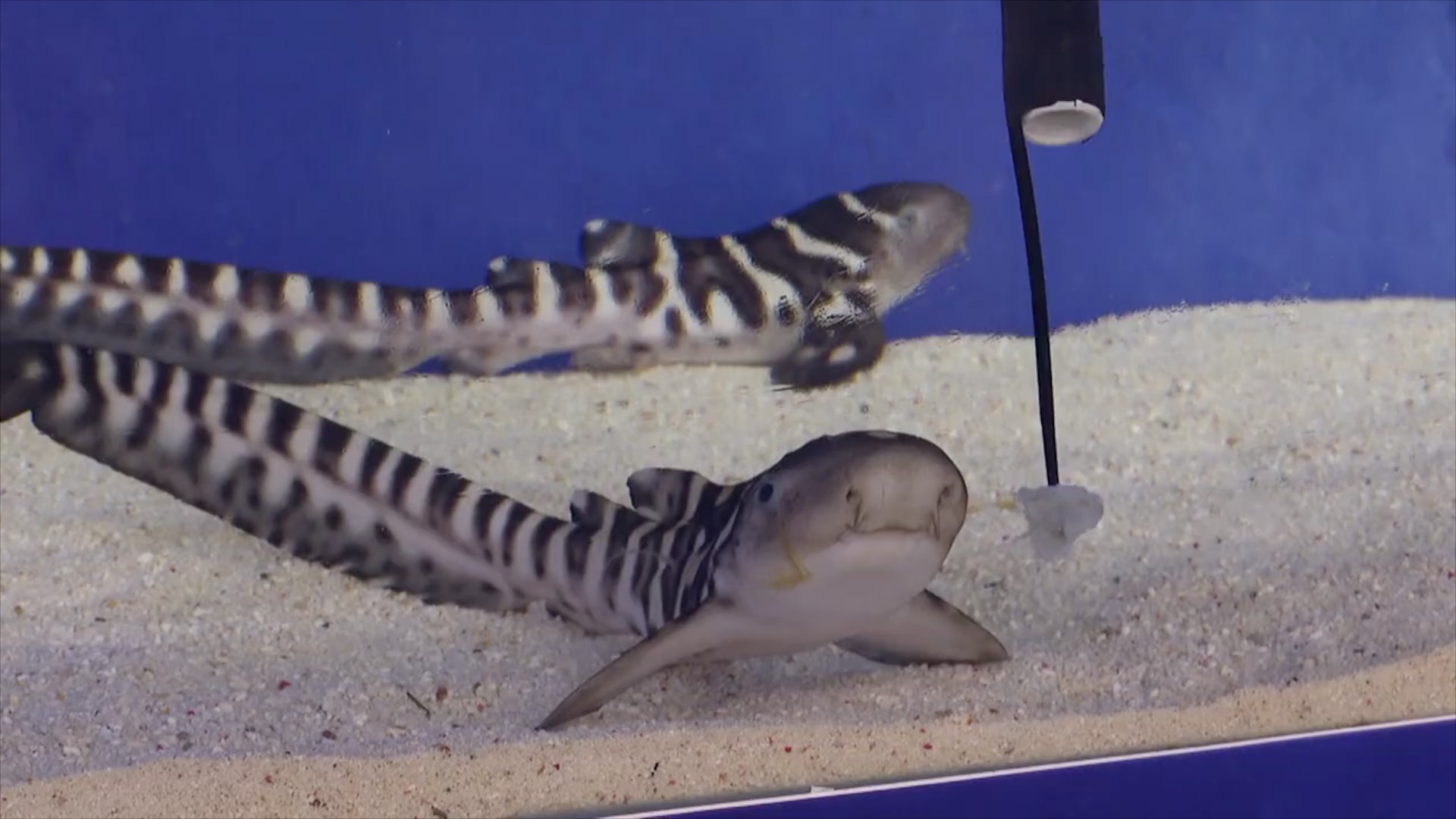


#Zebra shark location driver#
The researchers note that overfishing is the primary driver of the population loss among the species, but habitat loss, climate change and pollution are also to blame. The findings, which span eight years, show that the number of sharks, rays and chimaera – a group known as chondrichthyan fish – threatened with extinction has doubled to 32.6 percent since 2014.Įight years ago, 24 percent of species were estimated as threatened. The success of this program could lead to saving more shark species, as scientists revealed in 2021 that nearly 40 percent of all sharks and rays are near extinction. Like Kathlyn and Charlie (the shark), future zebra shark pups will be released into Marine Protected Areas patrolled by conservation rangers and monitored by scientists However, the team understands that reintroduction can also fail - juvenile sharks are prone to disease, predators and struggle to find food on their own. Like Kathlyn and Charlie, future zebra shark pups will be released into Marine Protected Areas patrolled by conservation rangers and monitored by scientists. The eggs, called mermaid purses, are bred in laboratories and then sent to hatcheries in Indonesia, where they hatch and are cared for by 'shark nannies,' a team that nurtures the babies until they are strong enough for the wild. National Geographic photographers Jennifer Hayes and her husband David Doubilet documented this effort in Raja Ampat.

Raja Ampat was selected due to its globally acclaimed conservation success as Asia's first shark and ray sanctuary, bolstered by a healthy and well-managed network of nine marine protected areas (MPAs). The group includes 44 aquariums and 70 organizations and released the two sharks in January, with more set through the year. The effort is ReShark and pulls inspiration from other rewilding programs that saw California condors and China's giant pandas be reintroduced - but this is the first to do so with animals in the sea. 'This is such a hopeful, momentous moment.' 'It's such a milestone,' Nesha Ichida, an Indonesian marine scientist helping manage this work for ReShark, told National Geographic. A pair of baby zebra sharks, named Charlie and Kathlyn (the shark), is the first of 500 set to rewild in the first-ever effort to revive an endangered shark species


 0 kommentar(er)
0 kommentar(er)
